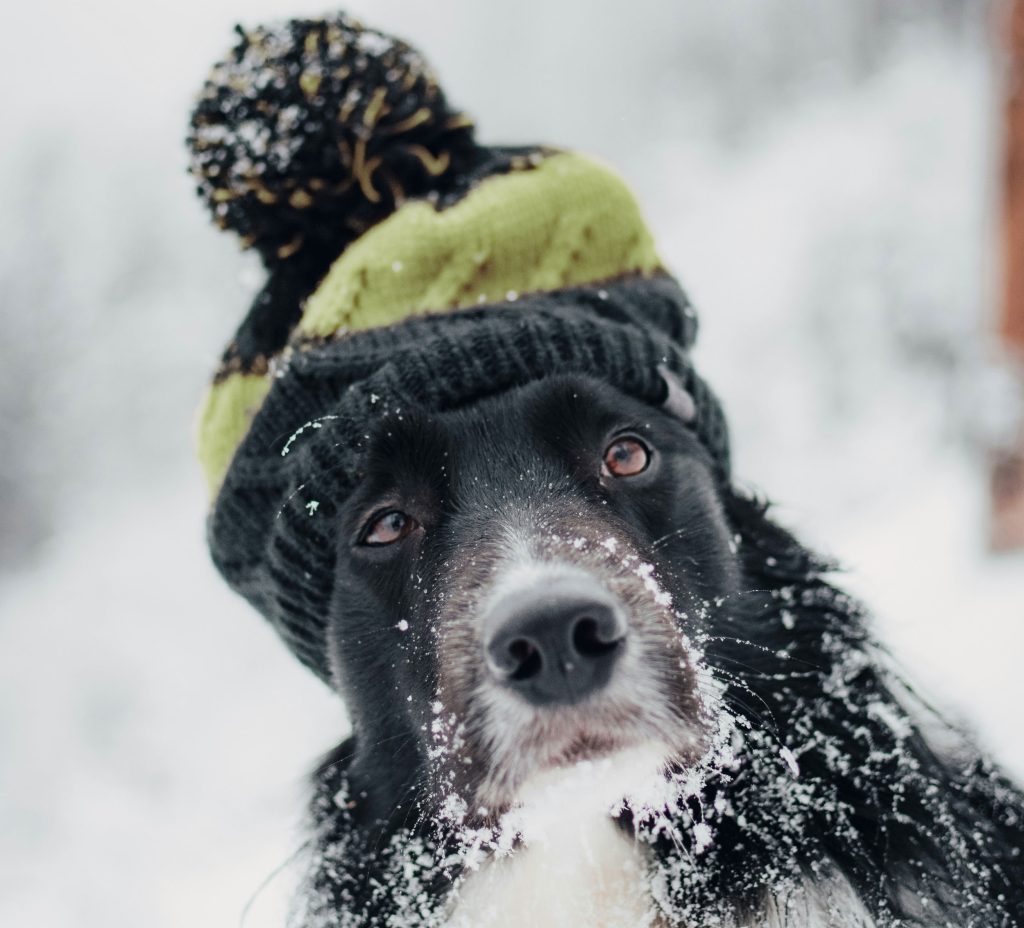Preparing your home for winter
As winter approaches in New Zealand, ensuring your home is ready to handle the colder months is crucial.
Not only can a well-prepared home offer more comfort, but it can also help you avoid common winter hazards, reduce your energy bills, and prevent potential damage. Here’s a practical checklist for homeowners to get their homes winter-ready.
1. Maximising home insulation and warmth
Enhancing your home’s insulation is key to staying warm and efficient during winter. Here are crucial updates to consider:
- Quality curtains: Choose thermal or lined curtains to significantly reduce heat loss through windows, a common escape point for warmth.
- Flooring insulation: Add rugs or carpets over hardwood or tile floors for extra warmth. Consider investing in underfloor insulation for long-term benefits.
- Roof insulation: Ensure your roof insulation is sufficient and in good condition to prevent heat from escaping upwards, thereby maintaining a warmer home environment.
- Draft excluders and door stops: Use draft excluders or door stops to seal gaps under doors, particularly external doors or those leading to infrequently used rooms.
- Keeping doors closed: Keep doors shut to unused rooms to help contain heat in occupied areas, making heating more efficient.
- Additional sealing and weatherstripping: Seal any cracks or gaps around windows and doors with weatherstripping or caulking to further prevent heat loss.
2. Fireplace safety
If you have a fireplace, ensuring it is safe and ready for use is essential:
- Chimney cleaning & inspections: Have your chimney inspected and cleaned to prevent chimney fires and carbon monoxide buildup.
- Keep your wood dry: Store wood in a dry, covered area to avoid moisture, which can lead to more smoke and less efficient burning.
- Use a wood moisture meter: To ensure your firewood burns efficiently and safely, use a wood moisture meter. Firewood should ideally have a moisture content of less than 20%. Properly prepared wood reduces the risk of chimney fires, thereby preventing potential damage and insurance claims.
3. Smoke alarms and CO2 monitors
Smoke alarms and carbon monoxide detectors are vital year-round, but especially during winter when the use of fireplaces and heaters increases:
- Test and replace batteries in all smoke alarms and carbon monoxide detectors.
- Install carbon monoxide detectors near any fuel-burning appliances.
Ensure that there’s at least one smoke alarm on each level of your home, including the basement and near sleeping areas. Regularly testing and maintaining these devices can be a lifesaver, preventing catastrophic events and the associated costs and claims from fire or gas-related incidents.
4. Managing slippery decks and concrete
Slippery decks and walkways can be a hazard as frost and moisture accumulate. Here are some tips to prevent slips and falls:
- Apply anti-slip coatings to decks.
- Use sand or salt to improve traction on concrete paths and steps.
- Regularly clear away leaves and debris, which can become slippery when wet.
These measures not only ensure safety but also help prevent accidental damage to the property, reducing the need for repairs.
5. Maintain a healthy indoor temperature
Keeping your home at a healthy temperature during winter is essential for comfort and health. The World Health Organization recommends a minimum of 18°C in living areas, with higher temperatures advisable for homes with elderly residents, children, or anyone with health issues. Consider the following to maintain a healthy indoor temperature:
- Use timers on heaters to warm the house before you get up or before you return home.
- Seal gaps and drafts in windows and doors to keep warm air inside.
- Consider using a programmable thermostat for better temperature control.
Maintaining a proper temperature helps prevent issues like burst pipes and the structural damage caused by freezing and thawing, which are common winter insurance claims.

Additional tips
- Inspect your roof: Check for any damages or leaks and repair them to prevent water damage.
- Gutter cleaning: Clear your gutters and downspouts to ensure water can freely flow away from your home, preventing icicles and ice dams.
- Prepare an emergency kit: Winter storms can come unexpectedly. Have an emergency kit with essentials like flashlights, batteries, water, and non-perishable food.
These proactive steps not only make your winter more comfortable but also protect your home from potential damage, reducing the likelihood of having to file an insurance claim.
Useful links